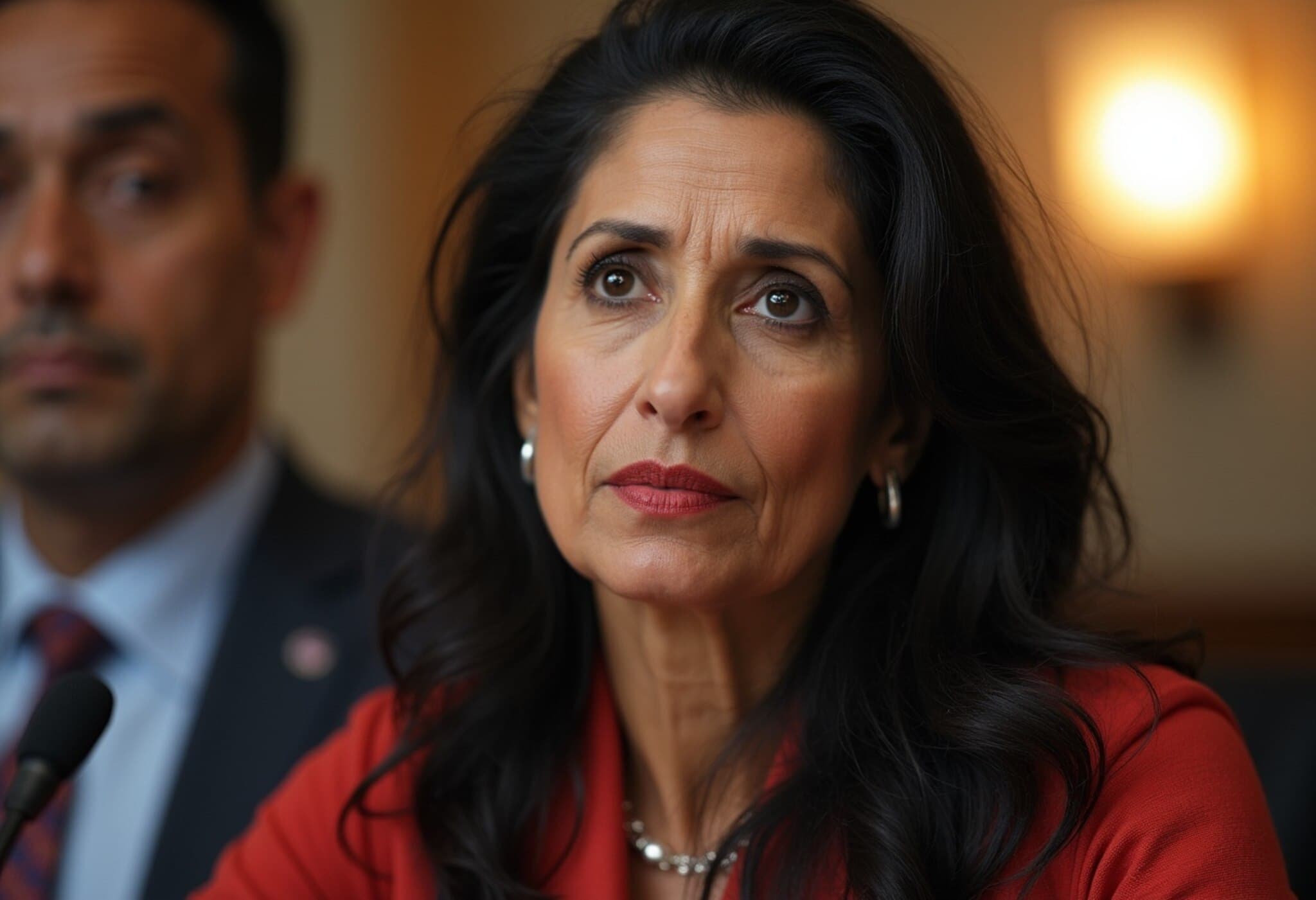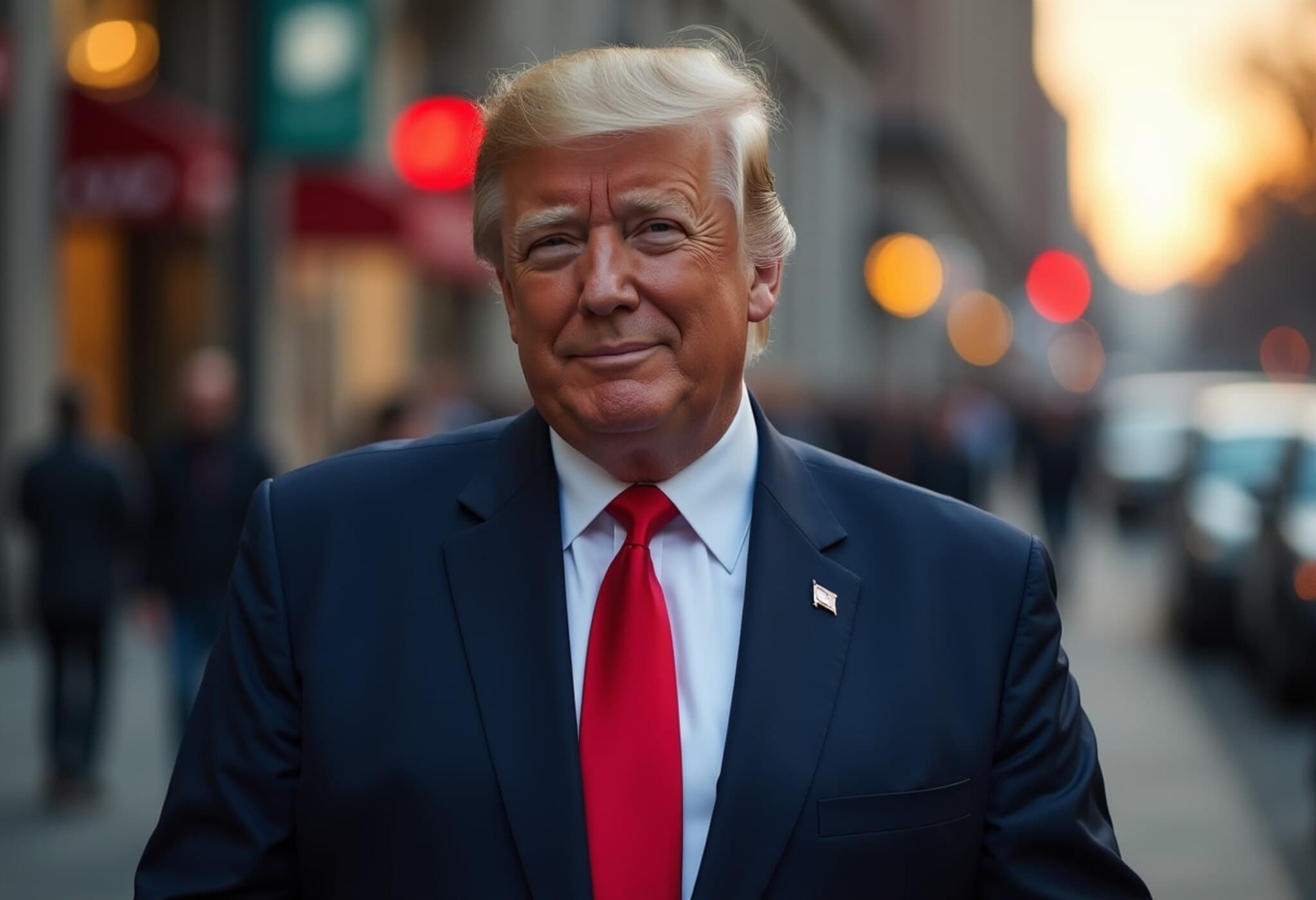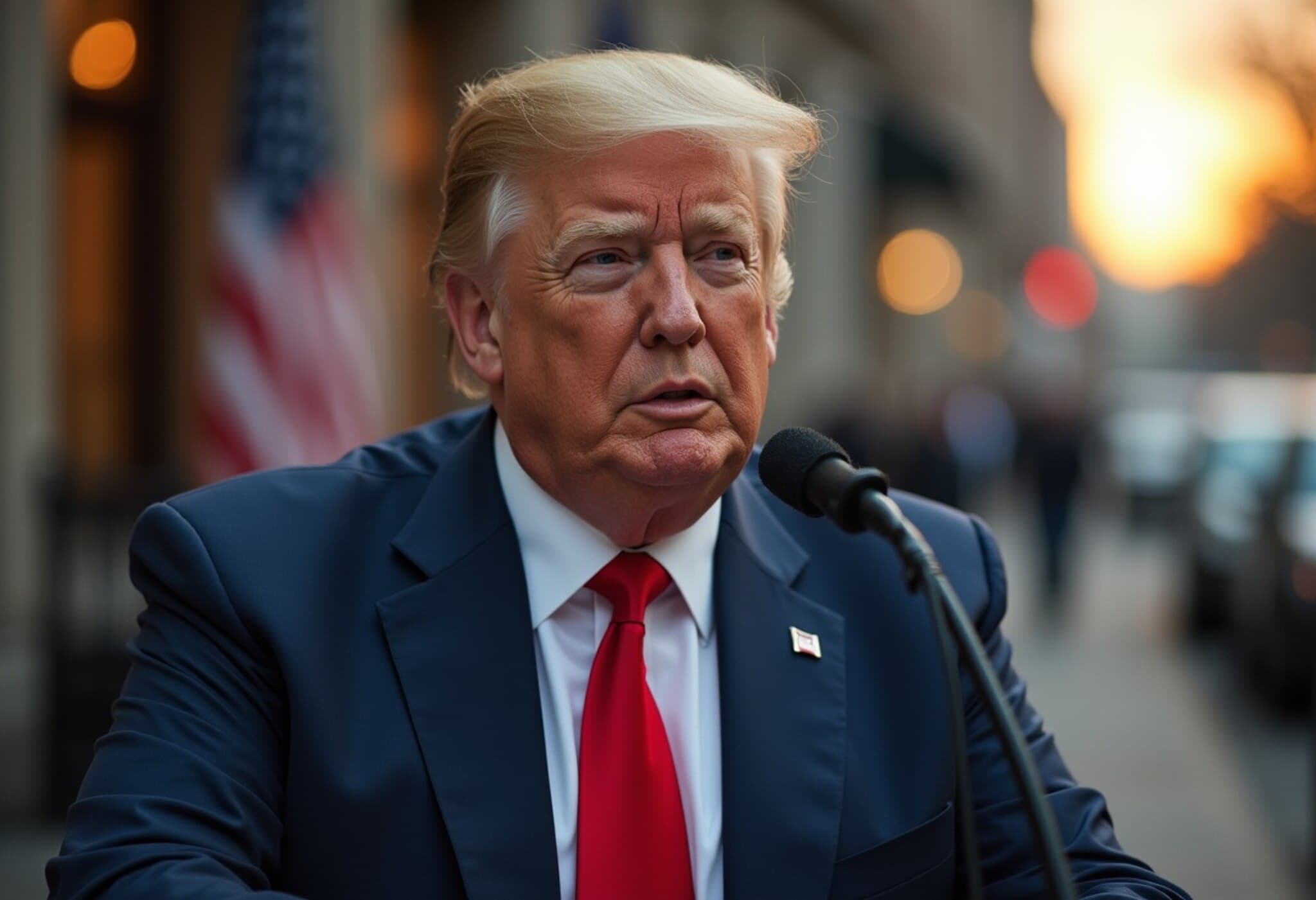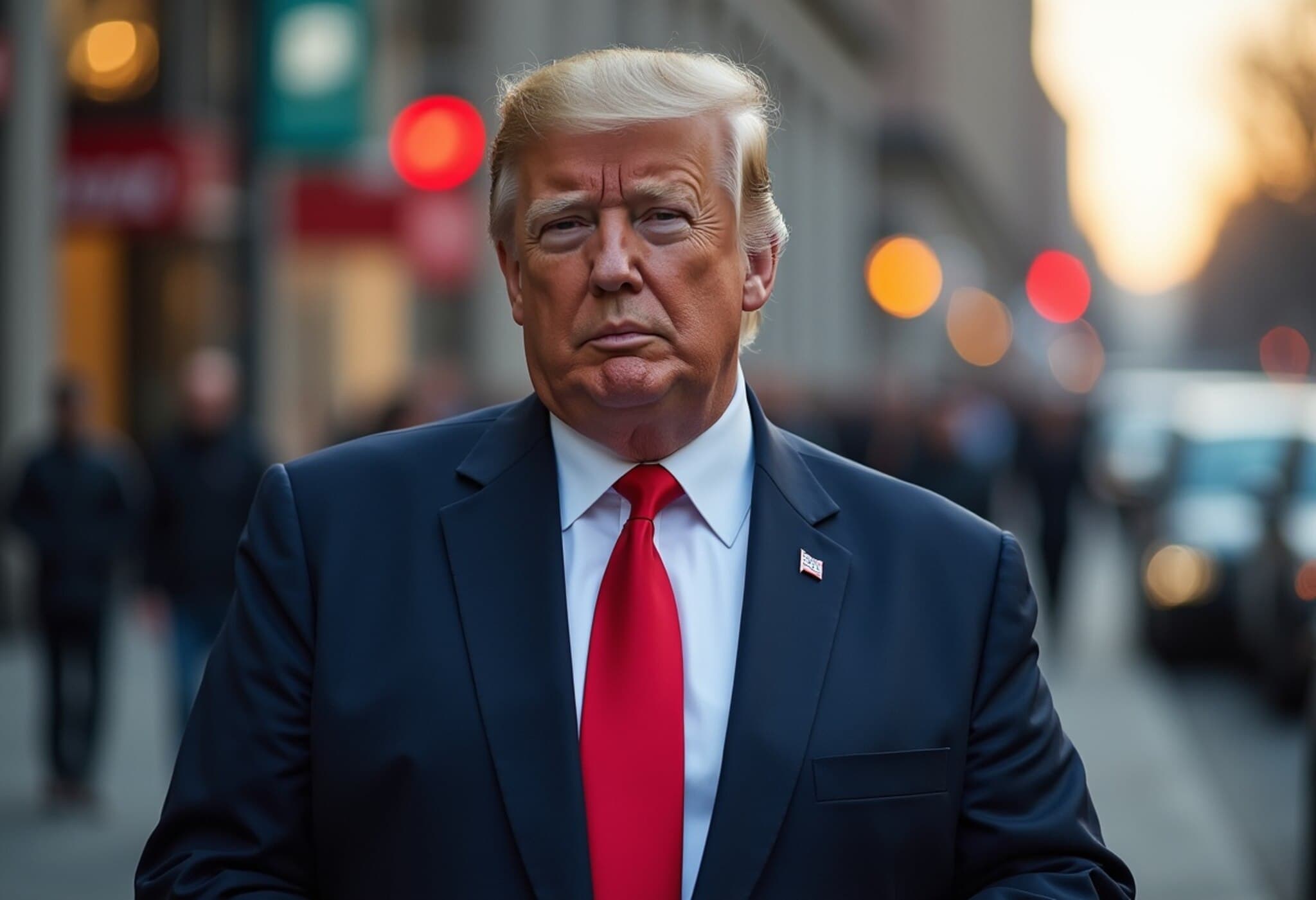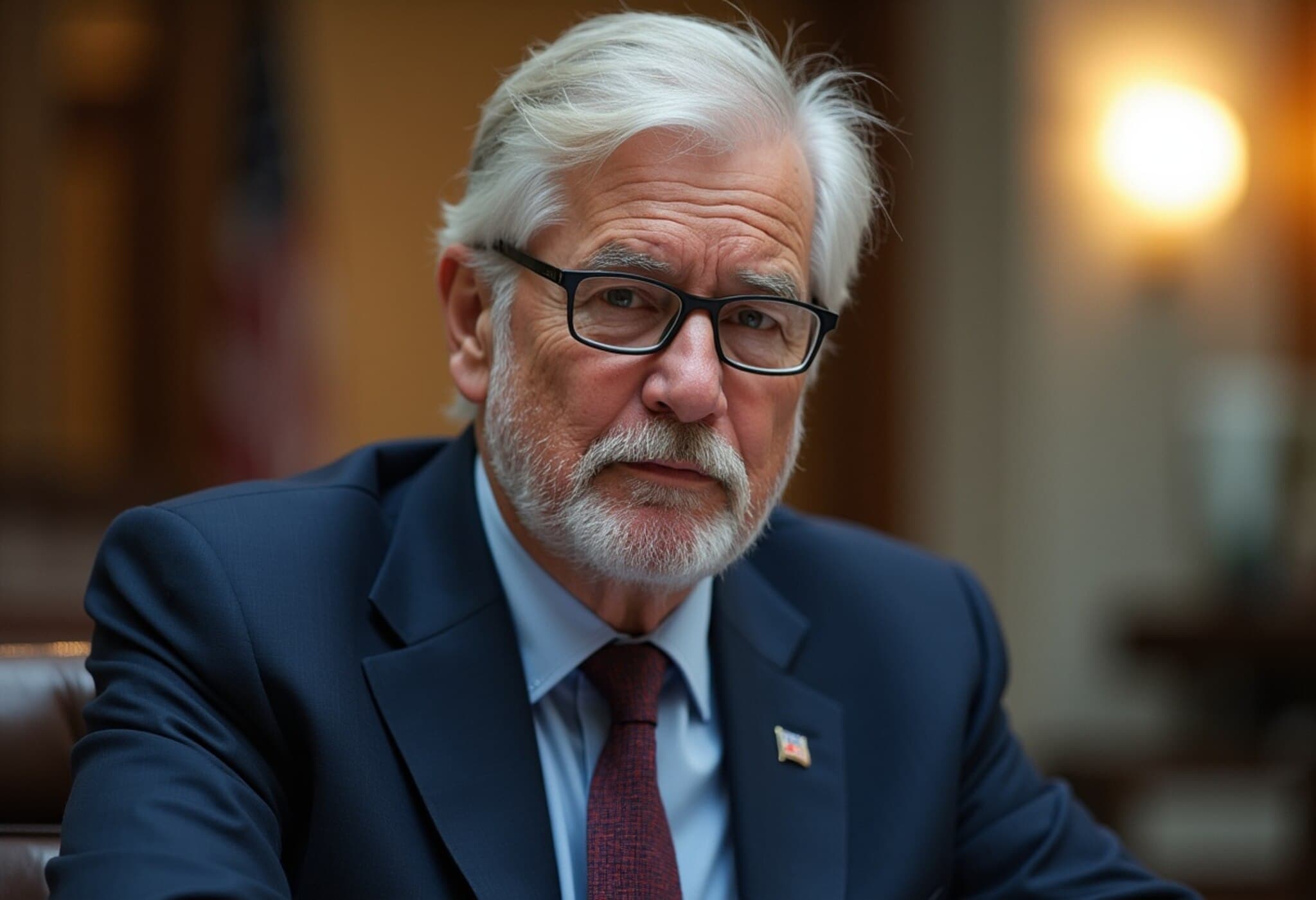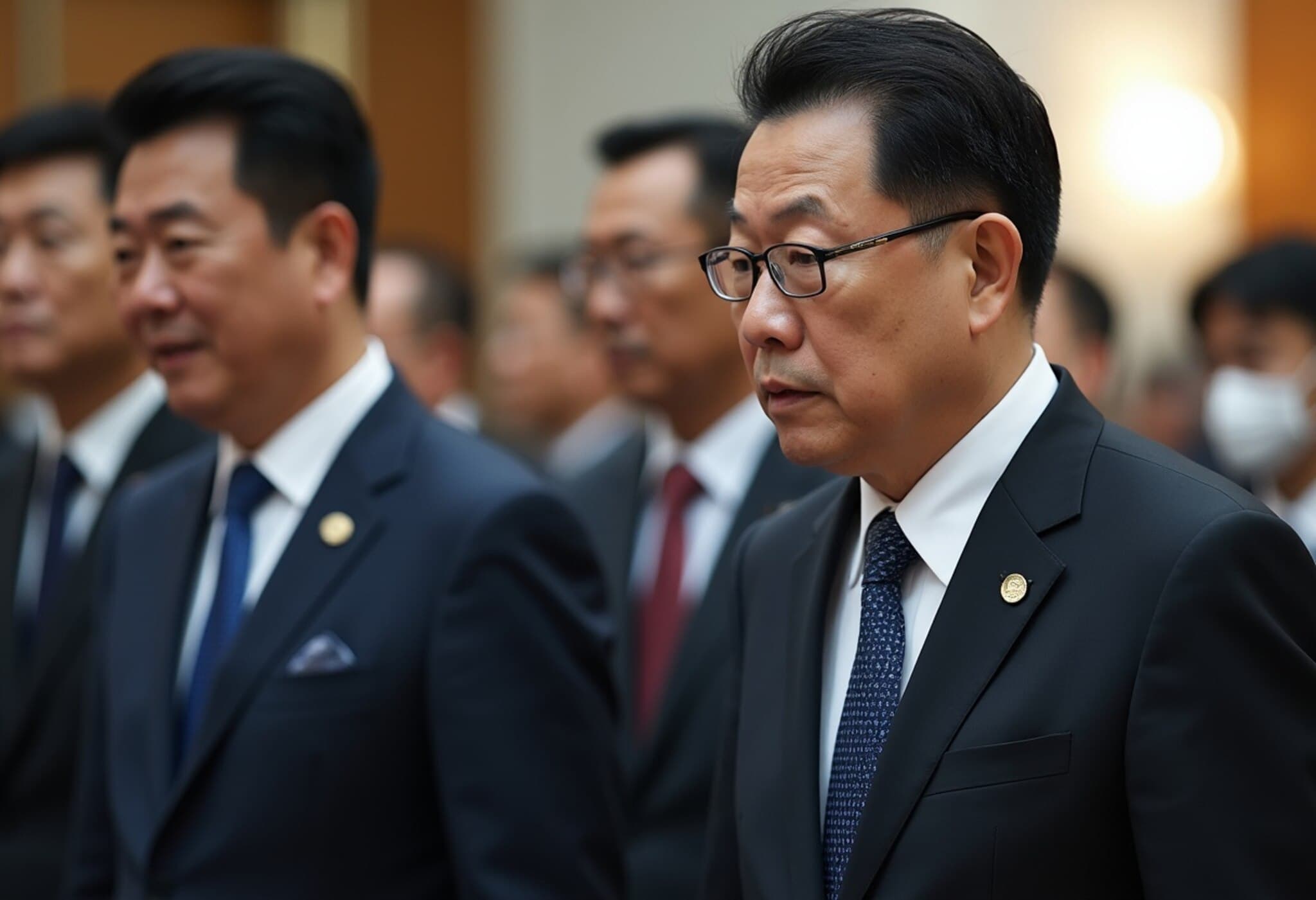Nikki Haley Calls for Cooperative Dialogue Between US and India on Russian Oil
In a recent statement that stirred political conversations on both sides of the Atlantic, Republican leader and former South Carolina Governor Nikki Haley urged India to seriously consider former President Donald Trump’s criticisms regarding New Delhi's procurement of discounted Russian crude oil. Haley's intervention underscores the ongoing geopolitical tension between the United States and India over energy trade, especially as Western countries continue to sanction Russia amid its conflict in Ukraine.
Uneven US Criticism Sparks Diplomatic Dialogue
While the Trump administration has openly reprimanded India for purchasing Russian oil, it has notably refrained from similarly criticizing China, the world’s largest importer of Russian crude. This discrepancy raises pressing questions about the strategic calculus behind Washington’s approach to its key partners and rivals in Asia.
Haley, the daughter of Indian immigrants and a seasoned political figure, highlighted this issue in a widely shared social media post following her opinion piece published earlier in Newsweek. She emphasized that India should be treated as a "vital democratic ally," not as an adversary like China, cautioning that undermining decades of bilateral progress would be a "strategic disaster" with broad implications for regional stability.
Exploring the Stakes: US-India Relations Amid Energy and Geopolitics
The United States and India share a complex partnership characterized by cooperation on democratic values and growing economic ties. However, the Russian oil import debate threatens to strain this relationship as New Delhi continues to purchase discounted crude oil following Western sanctions on Moscow.
Haley urged: "India must take Trump’s point over Russian oil seriously, and work with the White House to find a solution. The sooner the better." She further noted that a foundation of "decades of friendship and goodwill" between the world's two largest democracies provides a resilient basis to navigate current tensions.
- US Trade Adviser Peter Navarro accused India of running a "profiteering scheme" by buying discounted Russian oil and selling refined products at premium prices internationally.
- Indian External Affairs Minister S Jaishankar dismissed such allegations as ironic, urging those critical of India’s trade practices to simply avoid purchasing from India.
- Trump-era tariffs on Indian goods, including a 50% hike tied to India’s purchase of Russian oil, have further complicated bilateral economic relations.
Energy Security and Strategic Rivalries
India’s energy policy prioritizes affordability and supply diversification, seen as vital amid global instability. However, its growing ties with Russia on energy have generated friction with the US, which views such trade as indirectly supporting Russia’s military efforts in Ukraine.
From a geopolitical perspective, New Delhi’s relationship with Russia must be understood in the context of its strategic autonomy and balancing act between major powers, including managing competitive pressures from China. Washington’s approach towards India — whether as a partner or a competitor — will significantly influence the Indo-Pacific power dynamics going forward.
Looking Ahead: Opportunities for Collaboration
Haley’s call for dialogue underscores the need for nuanced diplomacy that respects India's sovereign decisions while addressing US concerns about the consequences of Russian oil imports.
Expert analysts note that:
- Open communication channels and realistic expectations can prevent missteps in the largest bilateral relationship between two democracies.
- Recognizing India’s unique geopolitical position is essential for creating constructive energy and security partnerships amid global uncertainty.
- Potential compromise frameworks could include enhanced transparency on energy trade and coordinated sanctions enforcement strategies.
Editor’s Note
The dialogue sparked by Nikki Haley’s remarks highlights larger questions about how democracies like the US and India navigate complex geopolitical realities when interests collide. As both nations face the challenge of counterbalancing China’s rise and Russia’s lingering influence, cooperation rather than confrontation over issues like energy trade can strengthen, rather than weaken, enduring partnerships.
For policymakers and citizens alike, the debate over Russian oil imports serves as a reminder of how global conflicts reverberate in unexpected arenas—from diplomatic strategy to economic policy—and why measured, empathetic diplomacy remains paramount in maintaining stable international relations.

